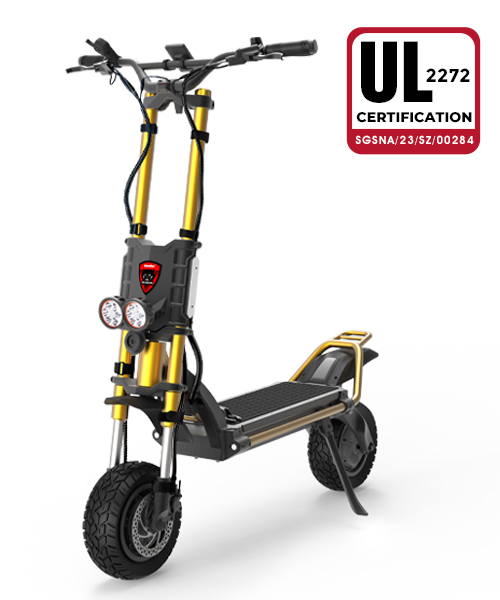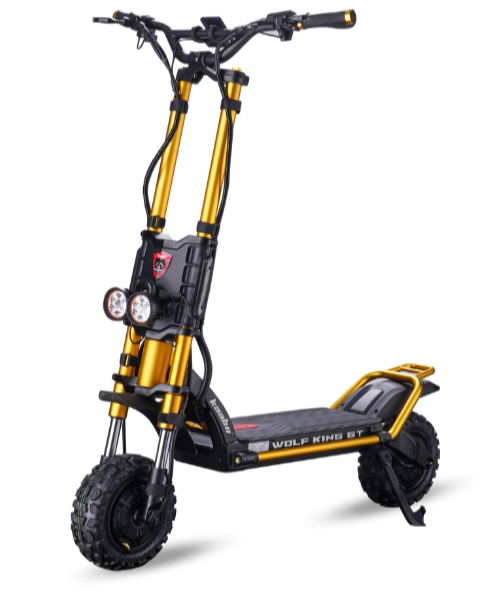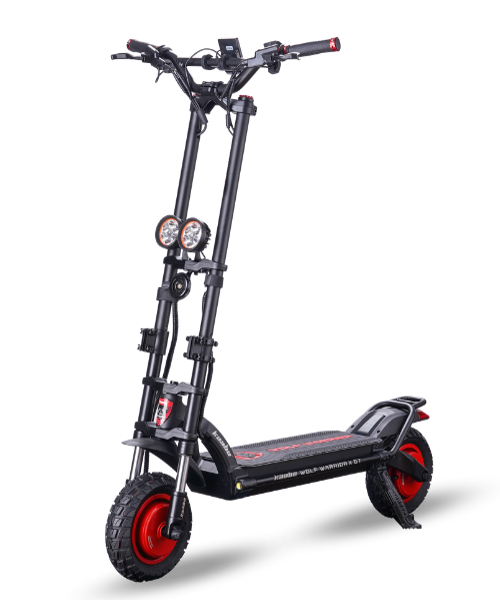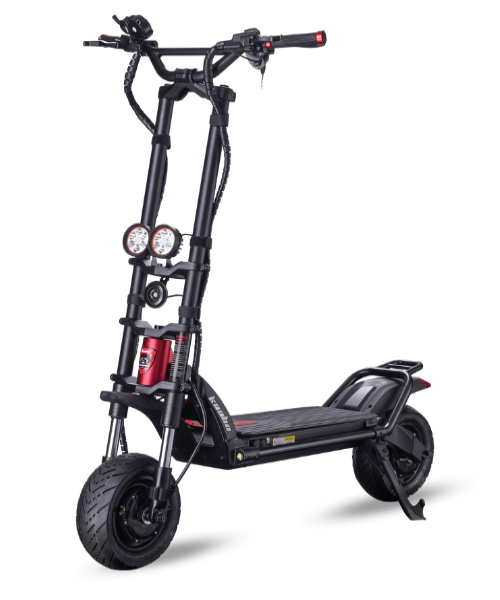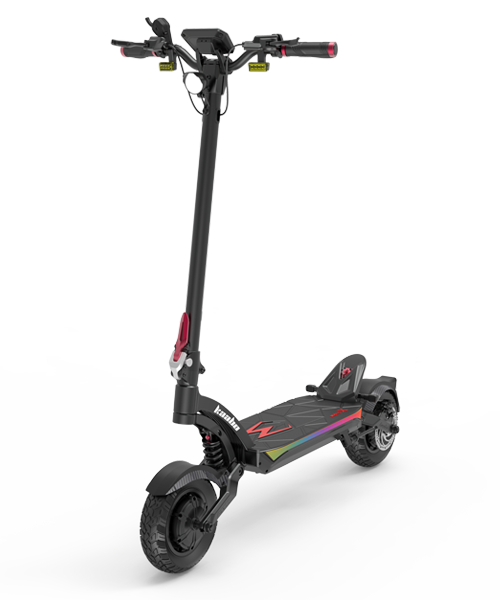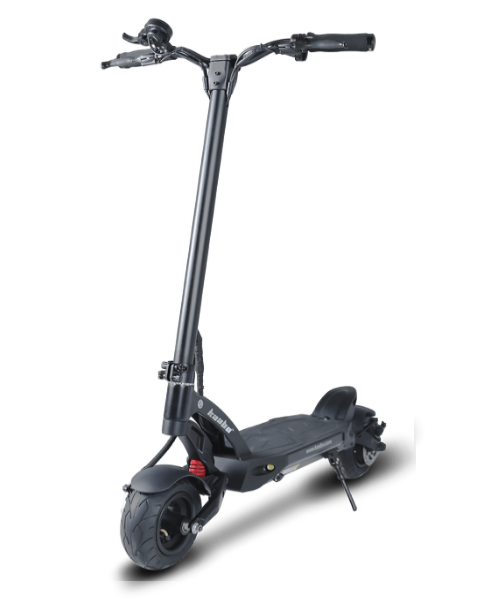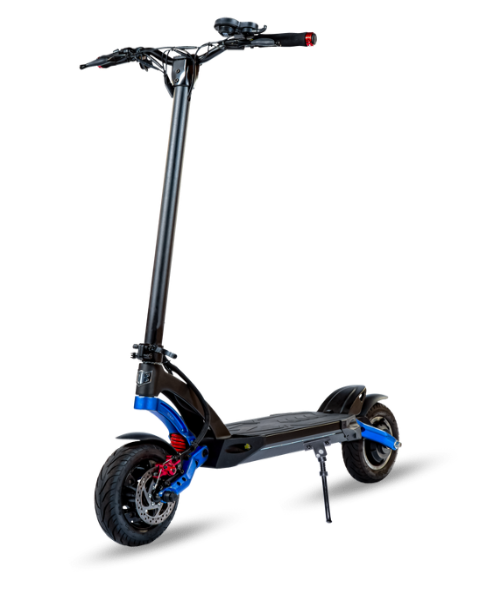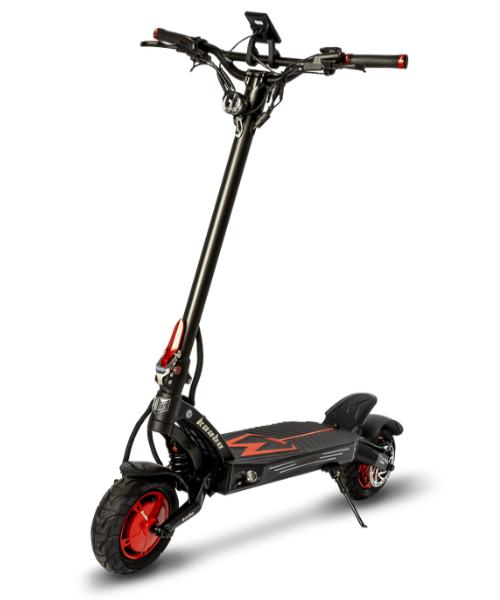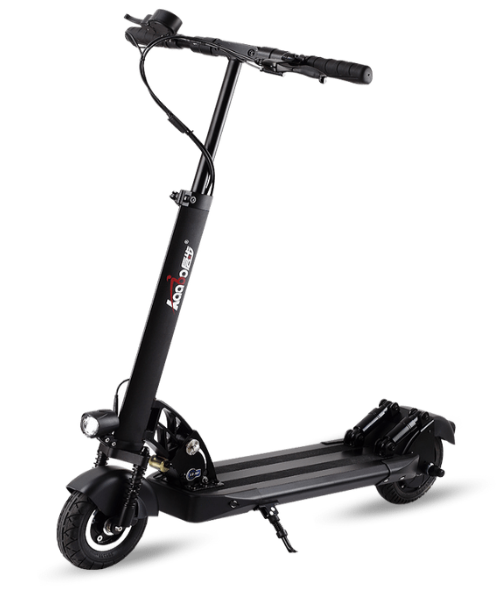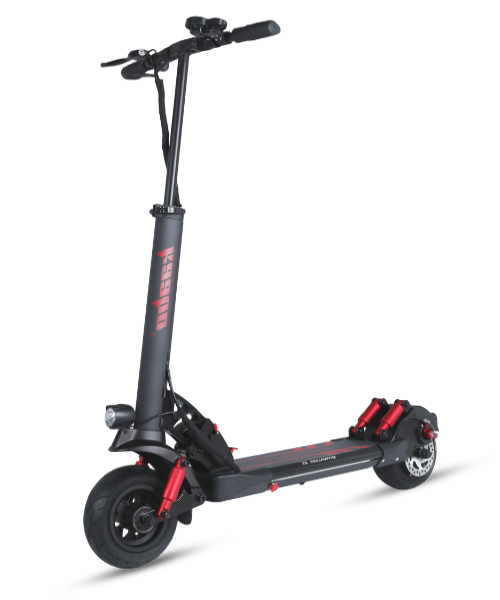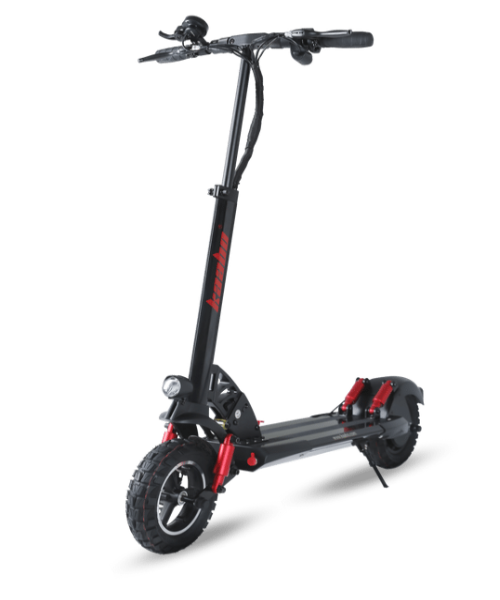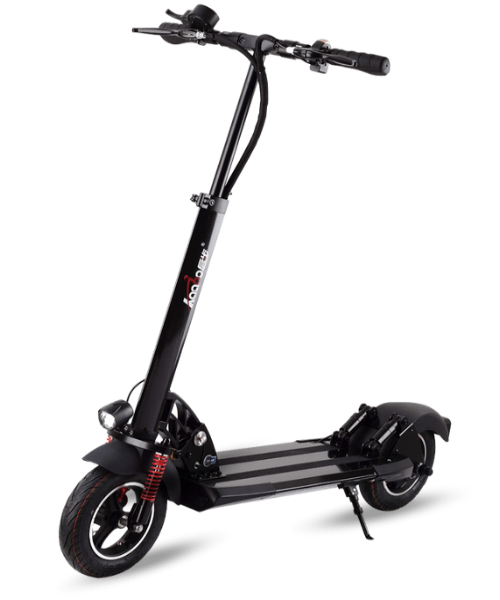- Models
- Wolf
- WOLF KING GTR

WOLF KING GTR

2000W x2
Separable motor

180 KM
Max. Range

2419 Wh
Battery Capacity

105 KM/H
Max Speed

50 Degress
Climbing Angle
Top-level configuration, Extreme entertainment! Dominate the road and nature with Kaabo Wolf King GTR full of power ready to be unleashed!
Learn More - WOLF KING GT

WOLF KING GT

2000W x2
Dual Motors

180 KM
Max. Range

72V 35AH
Battery Capacity

100+ KM/H
Max Speed

50 Degress
Climbing Angle
Award-winning Wolf King Gt is an amazing electric scooter. Dominate the road and nature with this 50mph e-scooter full of power ready to be unleashed!
Learn More - WOLF WARRIOR X

WOLF WARRIOR X

1100W x2
Dual Motors

110 KM
Max. Range

60V 28.8Ah
Battery Capacity

70 KM/H
Max Speed

35 Degress
Climbing Angle
Award-winning Wolf Warrior X is an amazing electric scooter. Dominate the road and nature with this 50mph e-scooter full of power ready to be unleashed!
Learn More - WOLF WARRIOR 11

WOLF WARRIOR 11

1200W x2
Dual Motors

150 KM
Max. Range

60V 35Ah
Battery Capacity

80 KM/H
Max Speed

45 Degress
Climbing Angle
Award-winning Wolf Warrior 11 is an amazing electric scooter. Dominate the road and nature with this 50mph e-scooter full of power ready to be unleashed!
Learn More
- WOLF KING GTR
- MANTIS
- MANTIS X

MANTIS 8

500W x2
Dual Motors

75 KM
Max. Range

48V 18.2AH
Battery Capacity

50 KM/H
Max Speed

25 Degress
Climbing Angle
Take your ride to the next level with the compact and powerful Kaabo Mantis e-scooter. Easy to ride and store, excellent performance and range.
Learn More - MANTIS 8

MANTIS 8

800W x2
Dual Motors

60 KM
Max. Range

48V 18.2AH
Battery Capacity

50 KM/H
Max Speed

30 Degress
Climbing Angle
Take your ride to the next level with the compact and powerful Kaabo Mantis e-scooter. Easy to ride and store, excellent performance and range.
Learn More - MANTIS 10

MANTIS 10

1000W x2
Dual Motors

90 Km
Max. Range

60V 24.5AH
Battery Capacity

60 Km/h
Max Speed

30 Degress
Climbing Angle
Take your ride to the next level with the compact and powerful Kaabo Mantis e-scooter. Easy to ride and store, excellent performance and range.
Learn More - MANTIS KING GT

MANTIS KING GT

1100W x2
Dual Motors

90 Km
Max. Range

60V 24AH
Battery Capacity

70 Km/h
Max Speed

30 Degress
Climbing Angle
Take your ride to the next level with the compact and powerful Kaabo Mantis e-scooter. Easy to ride and store, excellent performance and range.
Learn More
- MANTIS X
- SKYWALKER
- SKYWALKER 8H

SKYWALKER 8H

500W
Motor Power

50 KM
Max. Range

48V 13Ah
Battery Capacity

38 KM/H
Max Speed

20 Degress
Climbing Angle
E-scooter designed for city commuting and adult riders. Equipped with a powerful motor and a long-lasting battery, the Skywalker provides a convenient, fast, and efficient mode of transportation.
Learn More - SKYWALKER 8S

SKYWALKER 8S

800W
Motor Power

45 KM
Max. Range

48V 13AH
Battery Capacity

40 KM/H
Max Speed

25 Degress
Climbing Angle
E-scooter designed for city commuting and adult riders. Equipped with a powerful motor and a long-lasting battery, the Skywalker provides a convenient, fast, and efficient mode of transportation.
Learn More - SKYWALKER 10C

SKYWALKER 10C

800W
Motor Power

55 KM
Max. Range

48V 15.6AH
Battery Capacity

50 KM/H
Max Speed

25 Degress
Climbing Angle
E-scooter designed for city commuting and adult riders. Equipped with a powerful motor and a long-lasting battery, the Skywalker provides a convenient, fast, and efficient mode of transportation.
Learn More - SKYWALKER 10H

SKYWALKER 10H

800W
Motor Power

65KM
Max. Range

48V 15.6AH
Battery Capacity

50 KM/H
Max Speed

25 Degress
Climbing Angle
E-scooter designed for city commuting and adult riders. Equipped with a powerful motor and a long-lasting battery, the Skywalker provides a convenient, fast, and efficient mode of transportation.
Learn More
- SKYWALKER 8H
- Wolf
- BECOME A DEALER
- Support
